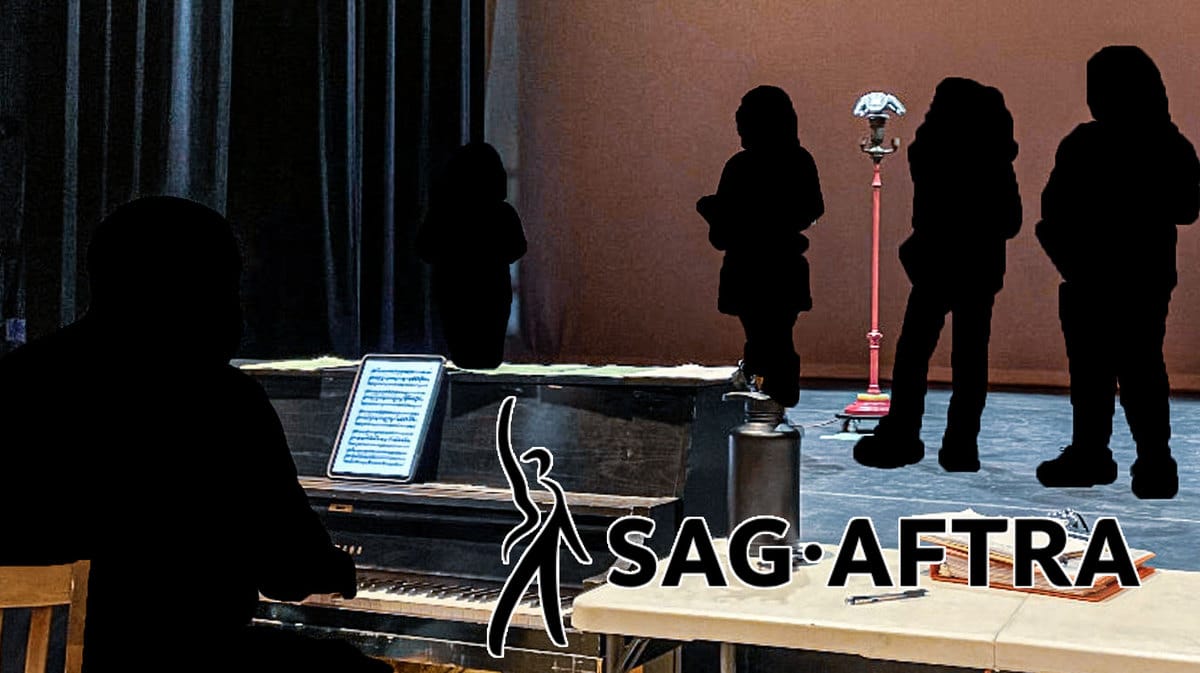SAG-AFTRA recently released an 18-page summary of the 2023 Tentative Agreement agreed to by its National Board on Nov. 10. The summary also included updated casting rules with regard to self-tapes, virtual interviews and auditions.
As someone who has been covering the SAG-AFTRA strike for over a month now, I've been learning quite a few things about the movie industry that I never even bothered to find out.
Now that a summary has been released, let's take a look at what the actors get in terms of auditioning in their $1 billion deal.
From self-tapes to virtual interviews to auditions


For self-tapes, breakdowns, sides and/or scripts should be given to performers at least 48 hours before the deadline, excluding weekends and holidays. For minors, it should be 72 hours before the deadline. However, these do not apply if the casting deadline does not allow it.
The union has also stipulated that actors shouldn't be asked to perform more than the eight industry-standard pages the first self-tape. For the second or subsequent callbacks, there should be no more than 12 industry standard pages required. Self-tapes will not be compensated.
Actors with disabilities are given the provision to “request reasonable accommodations” that are accessible to them. This also refer to allowing virtual auditions for performers with disabilities.
When the pandemic forced a lockdown in some parts of the U.S., most auditions have been done virtually. In the tentative agreement, producers are required to provide the option to either interview in person or virtually on a first-come, first-served basis.
I didn't know that actors weren't allowed to refer to their scripts when auditioning. However, the union has stated that “actors will no longer be asked to memorize the script or prevented from referring to the sides or using a prompting equipment.”
However, if producers require actors to memorize their lines in advance, they will need to be compensated “per the applicable provisions of the schedules.”
SAG-AFTRA: 720p is fine.
Again, due to the use of virtual almost-everything during the pandemic, the guild has added provisions on what producers can ask for when it comes to self-tapes and virtual interviews. Now, actors will no longer be asked to record at a resolution higher than 720p. For reference, an average mobile phone has a 12MP camera. Therefore it is more than capable of recording a video at 720p.
An actor will also no longer be asked to “use any uploading/delivery site that is not free nor asked to use any editing software or specific equipment.” Casting directors can typically go through between dozens to hundreds of videos, it's more efficient to use a site for actors to upload their self-tapes rather than send them through email.
SAG-AFTRA details Slate information and audition attire
For most actors, they use a slate or a clapper to signal the beginning and end of their audition scene. The slate also contains information about the actor. The union has now stated that producers “may only request an actor's name, height, city of residence, current location, age and birthday for minors, information about special skills and a head and shoulders and/or fully body shot in portrait orientation.”
Actors can also no longer be “requested to appear nude or while wearing attire more revealing than a bathing suit that could be worn at a public pool,” nor will they “be requested to perform stunts.”
Dance for me
For dancers, producers will have to supply the music or sound required and can only asked to provide a solo performance. Choreography should not exceed four eight-beat counts and can “be performed in an 8 ft x 8 ft x 8ft indoor space. For reference, the average bedroom size in the U.S. is 11 feet by 12 feet.
When it comes to securely storing self-tapes, producers are now required to store them “in a secure facility/system only accessible by persons with a legitimate business purpose.” They would also need the consent of the actor if they want to make the self-tape available to the public.
However, audition tapes, ones that are done in the presence of the casting directors, may be the sole property of the studio. Britney Spears' audition tape for The Notebook is one example that may not have required her consent for it to be released.
This is the part that I wish would be standard to every job-seeker: “Producer will endeavor to respond to inquiries from a performer regarding whether the roles has been cast.”




















